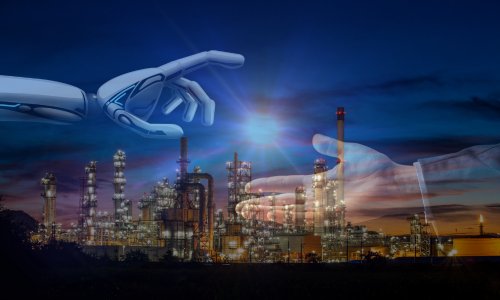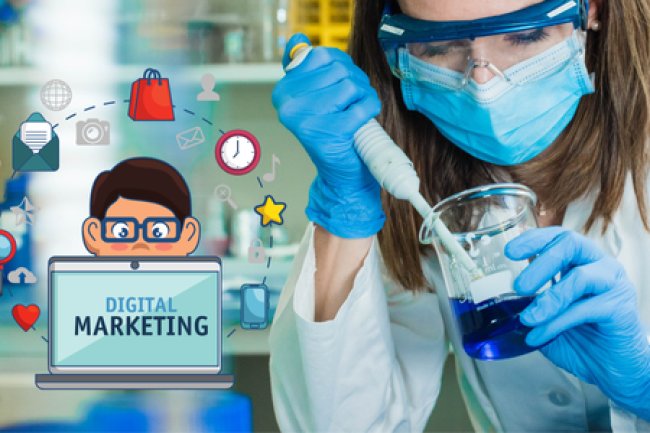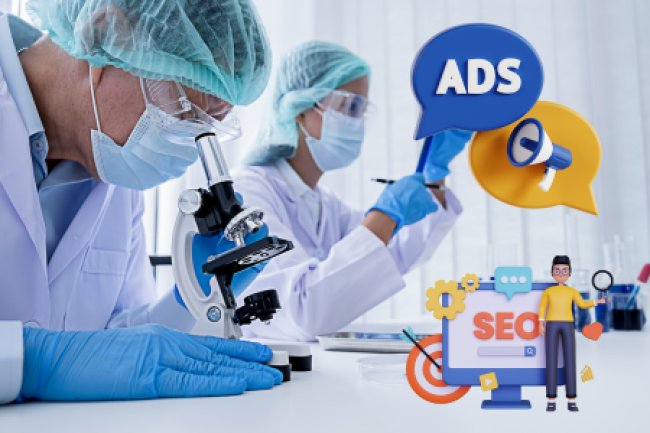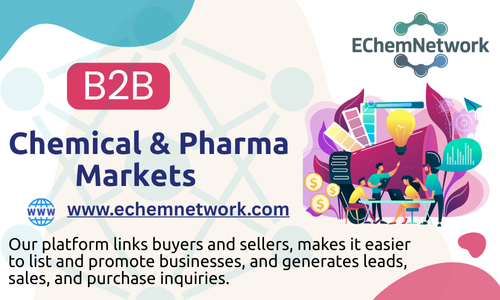Revolutionizing Chemical and Pharma Growth with AI and Automation
Discover how AI and automation are transforming the chemical and pharmaceutical industries in 2025. Stay updated with the latest trends, tools, and innovations driving growth and efficiency at eChem Network.

Revolutionizing Chemical and Pharma Growth with AI and Automation
The chemical and pharmaceutical industries are undergoing a profound transformation, driven by rapid advancements in artificial intelligence (AI) and automation technologies. These innovations are not just enhancing operational efficiency but are also reshaping how new drugs are discovered, developed, and delivered to market.
A New Era in Drug Discovery
Traditionally, drug discovery has been a long, expensive, and often unpredictable process. Researchers had to rely on trial-and-error methods and manual analysis to identify potential compounds for treatment. Now, AI is dramatically reducing that timeline. By processing vast datasets from clinical trials, research journals, and genomic studies, AI algorithms can identify promising molecular structures in a fraction of the time.
These algorithms can predict how compounds will interact with the human body, forecast potential side effects, and even suggest molecular modifications to enhance efficacy. This accelerated analysis allows researchers to make informed decisions faster, ultimately shortening the journey from lab to pharmacy shelf.
Automation in the Lab: Efficiency and Precision
Automation is also playing a critical role in transforming laboratory environments. Robotic systems now handle repetitive and time-consuming tasks such as mixing chemicals, pipetting, and sample analysis. By delegating these tasks to machines, human researchers are free to focus on high-level problem-solving and innovation.
Beyond freeing up human talent, automation also minimizes errors, ensures consistency, and improves safety in chemical handling. Precision-controlled environments reduce contamination risks and improve reproducibility, essential factors in both drug development and chemical synthesis.
Smarter Manufacturing with AI Integration
In pharmaceutical and chemical manufacturing, AI is being integrated into production systems to monitor processes in real time. Smart sensors, combined with machine learning algorithms, can detect anomalies, predict equipment failures, and optimize batch yields. These capabilities allow for predictive maintenance, reducing downtime and lowering operational costs.
AI-powered analytics can also help in optimizing supply chains, forecasting demand, and managing inventory more efficiently. This ensures timely production and distribution of drugs, which is particularly crucial during public health emergencies or high-demand scenarios.
Personalized Medicine and AI
One of the most promising applications of AI in the pharma space is the advancement of personalized medicine. By analyzing individual genetic information, AI can help design custom treatment plans tailored to a patient's unique genetic makeup and health history. This level of personalization not only improves outcomes but also reduces the risk of adverse reactions, marking a significant step toward more precise and effective healthcare.
Ethical Considerations and Human Oversight
While the benefits of AI and automation are significant, their deployment raises important ethical and regulatory questions. Ensuring transparency in algorithmic decision-making, maintaining data privacy, and preserving the human role in critical decisions are essential to responsible innovation. Human oversight remains crucial in validating AI-generated insights and ensuring that technology serves to augment rather than replace skilled professionals.
Looking Ahead
The integration of AI and automation is not just a trend—it is a fundamental shift in how the chemical and pharmaceutical sectors operate. As these technologies continue to evolve, their potential to accelerate innovation, improve patient outcomes, and streamline operations will only grow.
What once took years can now be achieved in months. The future of chemical and pharmaceutical development is not only faster and more efficient—it is smarter, safer, and more human-centered than ever before
Ketwords
chemical industry news, pharmaceutical industry updates, AI in pharma, automation in chemical manufacturing, drug development technology, lab automation, pharma digital tools, chemical process optimization, pharmaceutical growth 2025, eChem Network
What's Your Reaction?


















